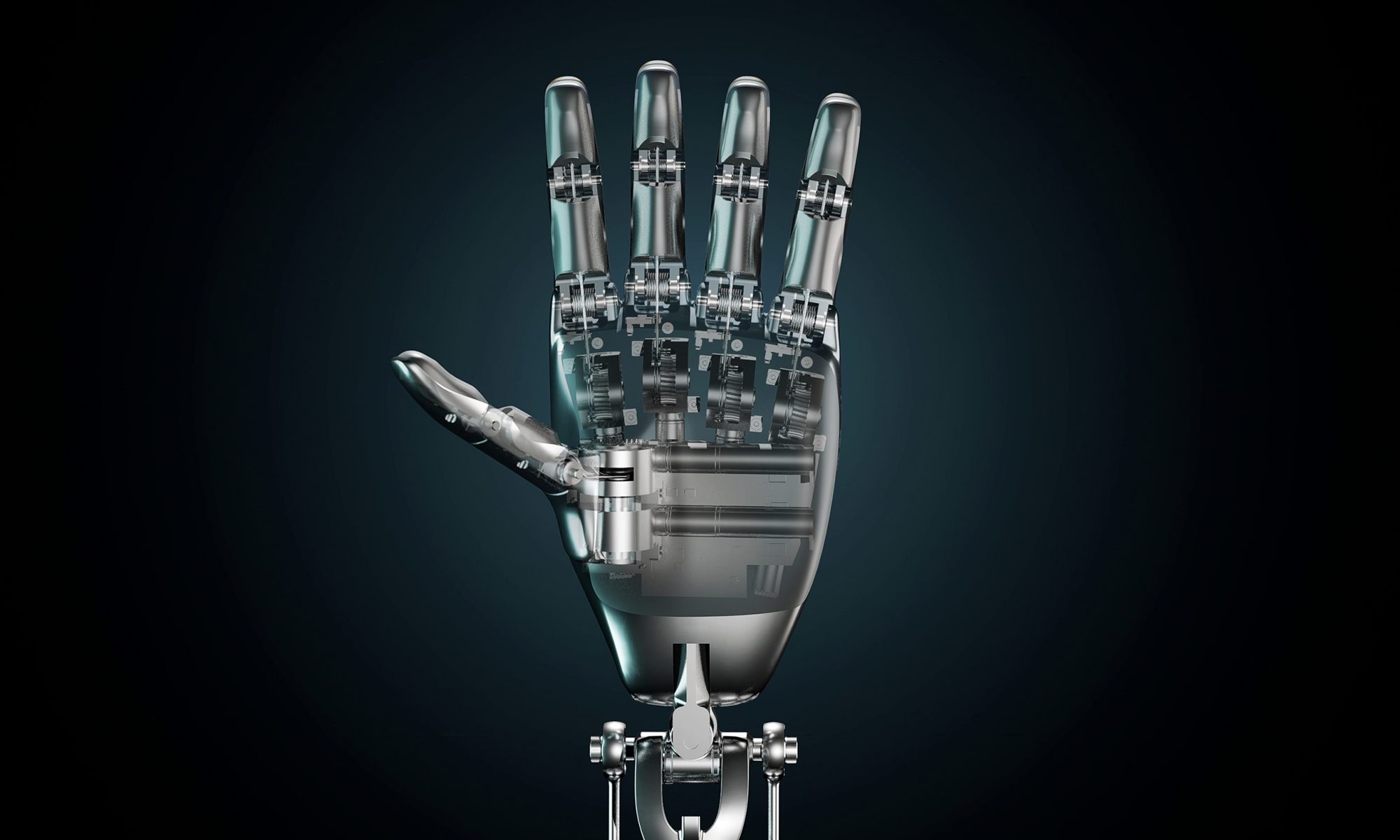
Ridesharing may ultimately replace car ownership. Image source: Lyft.
In some ways, the automobile has been the symbol of the American experience.
We have romanticized the road trip and turned getting a license to drive into a bar mitzvah-like right of passage, signifying adulthood. For many of us, our cars are more than just a method of conveyance. They are prized possessions treated more like children than functional hunks of metal.
Yes, our cars get us from place to place, but they are also status symbols, hobbies, and showpieces.
That all may change soon, according to Lyft co-founder John Zimmer, who believes the age of automobile ownership will soon come to an end. He also believes that our time behind the wheel has nearly reached its conclusion as well, and he shared those and other thoughts on the future of the automobile industry in a piece he wrote for Medium.
As a country, we've long celebrated cars as symbols of freedom and identity. But for many people -- especially millennials -- this doesn't ring true. We see car ownership as a burden that is costing the average American $9,000 every year. The car has actually become more like a $9,000 ball and chain that gets dragged through our daily life. Owning a car means monthly car payments, searching for parking, buying fuel, and dealing with repairs.
What is the future of cars?
Zimmer noted in his essay that Elon Musk, who runs Tesla Motors (TSLA +3.38%), has a vision of a network of car owners renting their vehicles to others. He agrees with the fleet of vehicles idea, but believes that companies (like Lyft) will own those cars, not individual people.
He noted that cities have been built around cars.
Look at how much land is devoted to cars -- and nothing else. How much space parked cars take up lining both sides of the street, and how much of our cities go unused covered by parking lots. It becomes obvious, we've built our communities entirely around cars. And for the most part, we've built them for cars that aren't even moving. The average vehicle is used only 4% of the time and parked the other 96%.
Zimmer believes that in cities private car ownership will mostly end by 2025. He cited statistics that show that in 1983, 92% of 20- to 24-year-olds had driver's licenses while 46% of 16-year-olds did. That number dropped to 77% in 2014 for 20- to 24-year-olds and 24% for 16-year-olds.
"Today, it's just 24%," he wrote of 16-year-olds. "All told, a millennial today is 30% less likely to buy a car than someone from the previous generation." Basically, Zimmer contends that young people are less tied to the idea of owning a car than earlier generations.
Every year, more and more people are concluding that it is simpler and more affordable to live without a car. And when networked autonomous vehicles come onto the scene, below the cost of car ownership, most city-dwellers will stop using a personal car altogether.
What does this mean for automakers?
Zimmer wrote that he expects the majority of Lyft's cars to be self-driving within five years. The company already has a fleet of driverless cars created in conjunction with General Motors (GM 2.62%) operating in San Francisco and Phoenix.
Ridesharing is just the first phase of the movement to end car ownership and reclaim our cities. As I mentioned before, the shift to autonomous cars will expand dramatically over the next ten years, transforming transportation into the ultimate subscription service.
Lyft, Tesla, and ridesharing rival Uber may all have slightly different visions for the future, but Zimmer is correct that at least in cities, cars simply make no sense. Whether Lyft's vision wins or Tesla, Uber, Alphabet or another tech company leads the way, it's clear that the role of the car is changing.
The end of private car ownership means we'll have far fewer cars sitting parked and empty. And that means we'll have the chance to redesign our entire urban fabric. Cities of the future must be built around people, not vehicles. They should be defined by communities and connections, not pavement and parking spots.
If Zimmer's vision happens -- in cities, it certainly makes sense -- it dramatically changes the auto business. Of course, some people will still own cars privately, but if ownership largely shifts from individuals to fleets, then in many ways longevity and reliability will become the most needed traits in vehicles.
The end of private car ownership would devastate the car business as we know it. GM simply would not sell as many cars if the cars it sold were being used efficiently by multiple users.
Zimmer's timetable may be off, and while his vision seems right for for cities, it does not seem like suburban car owners will give up their vehicles quite so easily. Still, it's hard to argue that with the advent of ridesharing, driverless cars and the cost saving of not owning cars, a massive change for the auto industry has already begun.
Ridesharing is just the first phase of the movement to end car ownership and reclaim our cities. You won't be stuck with one car and limited options. Through a fleet of autonomous cars, you'll have better transportation choices than ever before with a plan that works for you.







